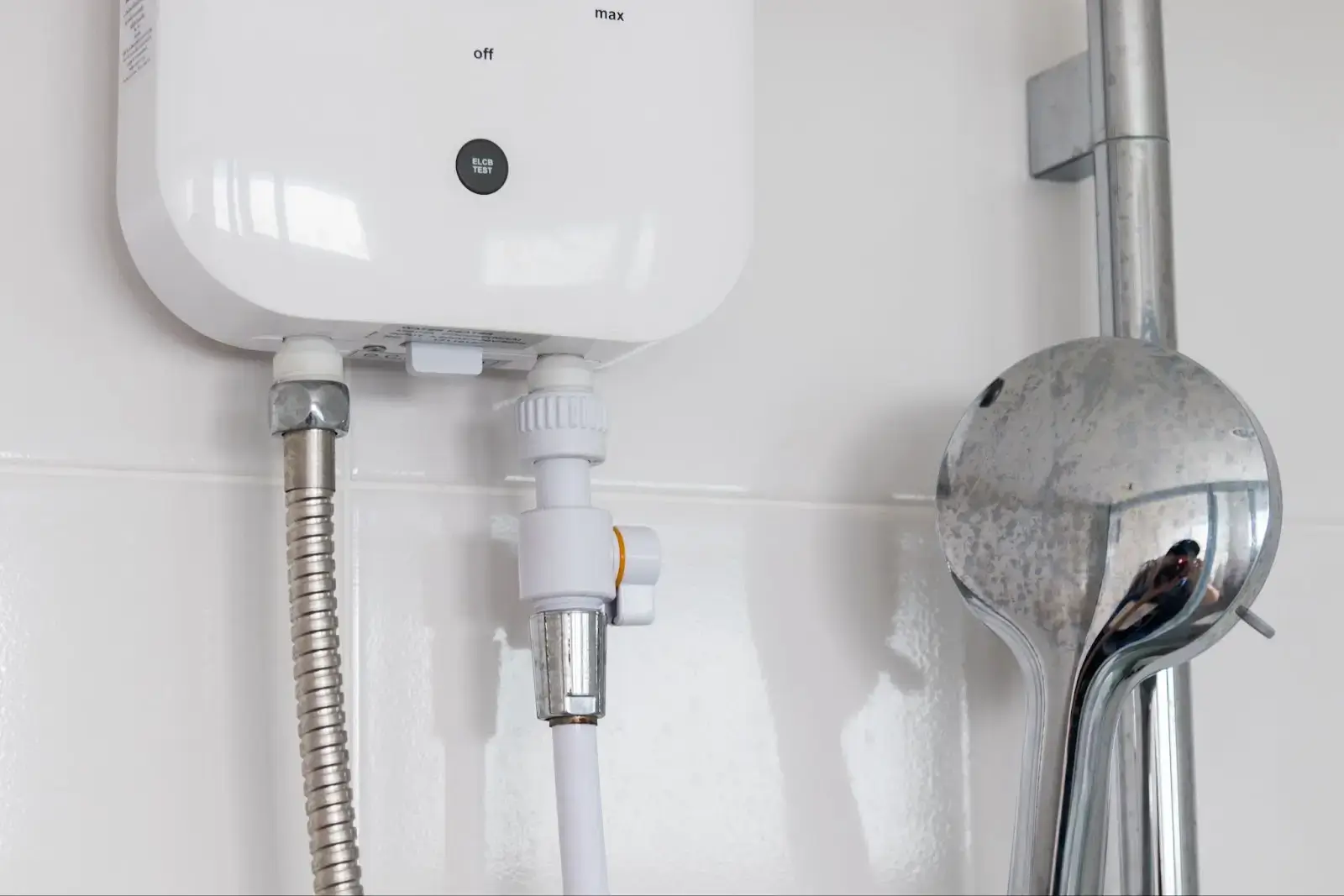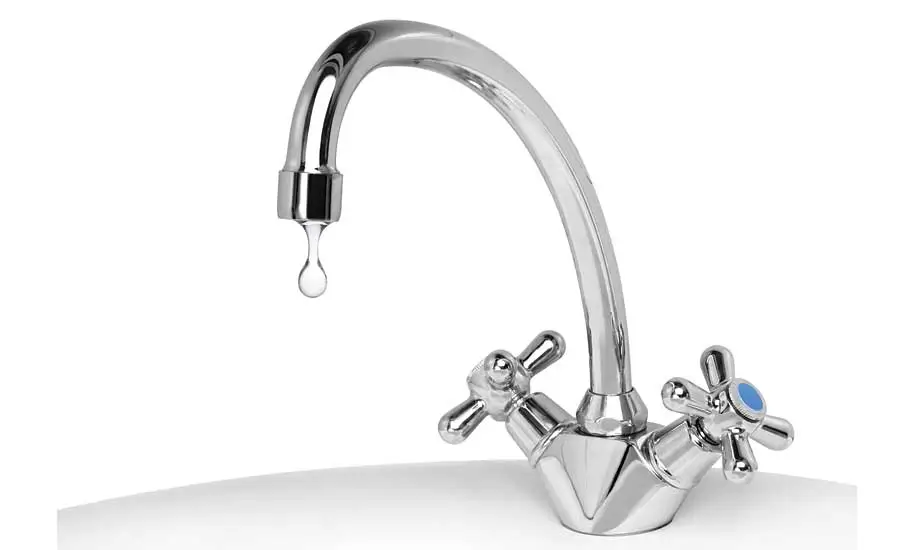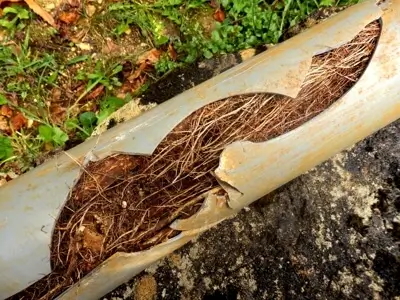Homeowners need to know how often their furnaces should cycle to keep their homes warm and energy bills low.
However, it can be tricky to pinpoint the exact number, especially during winter.
Furnace cycles can vary depending on factors like outside temperature and thermostat settings.
If your furnace is cycling too frequently or not enough, it may mean something is wrong with your unit.
Leaving this unaddressed could lead to higher energy costs and an uncomfortable living space.
To ensure optimal performance of your furnace during colder months, homeowners need to understand how often their system should cycle in winter.
This article offers information on everything you need to know about furnace cycling.
What is Furnace Cycling and Why is it Important?
Furnace cycling is when a furnace turns on and off to maintain the desired temperature in your home.
This process usually happens several times per hour. However, the rate depends on other factors, such as outside temperature, insulation levels, and thermostat settings.
The furnace's cycle time dictates how often it will turn on and off to maintain the temperature in your home.
What is Short Cycling?
Short cycling is when a furnace cycles too frequently due to a malfunction, such as an issue with the thermostat or the heat exchanger.
This can lead to higher energy bills and a less comfortable living space because the furnace isn't running long enough to reach its maximum efficiency.
Short cycling can also put excess pressure on the furnace's components. This can significantly shorten the unit's lifespan and reduce its heating capabilities.
Is My Furnace Short-Cycling?
A common assumption among homeowners when they notice their furnace's heating cycles getting shorter is that it's short cycling.
Short cycling is a dysfunction that happens due to several factors, including:
- Faulty wiring
- Faulty flame sensor
- Dirty furnace filter
- Blocked heat grates
- Blocked exhaust vents
- Faulty thermostat
- Wrong thermostat settings
- An oversized or undersized furnace
One sure sign of short cycling is when your furnace runs without generating heat. However, if you notice your furnace's heating cycles getting shorter but indoor comfort is relatively the same, don't be too quick to think there's something wrong. Contact an HVAC professional to diagnose the issue properly.
Factors That Affect a Furnace Cycle
Several things can shorten your furnace heating cycle. You must be aware of each one so you know exactly how to handle it should the issue arise.
Let's look at the common factors that affect a furnace cycle.
Faulty Wiring
Short cycling can be attributed to a range of occurrences, but one of the most common is faulty wiring. Over time, your furnace's wiring may become worn down or damaged, negatively affecting its performance. An HVAC technician can inspect the furnace’s wiring and offer practical solutions for the problem.
Faulty or Dirty Sensor
The flame sensor is a part of the furnace that helps keep your home safe. It turns the gas on and off when it notices a flame, so gas doesn't come out and cause harm.
If your furnace's flame sensor is blocked or dirty, it won't detect the burner flames as effectively. This could cause short cycling and decrease your furnace's efficiency. Cleaning or replacing the flame sensor can help solve this issue.
Dirty Furnace Filter
A dirty filter can also cause your furnace to short cycle. When the filter is clogged, air can't circulate properly inside the system. This causes the heat exchanger to overheat and shut down prematurely
Regularly changing or cleaning your furnace’s air filter can help keep it running optimally and help you avoid costly repairs. If you're unsure about how to replace a clogged filter, contact an HVAC professional to do the job for you.
Blocked Heat Grates
Heat grates are essential for adequately circulating warm air in your home. If you shut too many vents, air can't be evenly distributed, leading to an overheated furnace.
Check the grates in your home regularly to ensure they're open and not blocked by furniture or other obstructions.
Blocked Exhaust Vents
Your furnace's exhaust vents help release combustion gasses so they don't build up and cause a safety hazard in your home.
If the exhaust vents are blocked, these gasses will stay inside the system and cause your furnace to overheat and short cycle. Ensure all your exhaust vents are free from debris and blockages.
Malfunctioning Thermostat
The thermostat is the control center of your furnace. It detects when your home has a high or low temperature and tells the furnace when to turn on and off to achieve complete indoor comfort.
If your thermostat malfunctions, your furnace will run continuously, not knowing when to stop or start again. Consequently, the furnace won’t be able to achieve or maintain a comfortable temperature in your home.
To ensure your thermostat functions appropriately, keep it out of direct sunlight and away from intense heat sources like the furnace air vents or the actual furnace. By doing this, you can avoid malfunctions such as short cycling caused by an inaccurate reading of your home's temperature.
Wrong Thermostat Settings
The settings in your thermostat can also affect furnace cycling. If you set the temperature too low, your furnace will cycle more often during cold weather. On the other hand, if you set it too high, it will also cause short cycling.
Adjusting the thermostat to an ideal temperature range and setting is key to helping your furnace run optimally.
If short cycling persists despite implementing the above tips, you may need to contact a professional HVAC technician. They can diagnose and repair any underlying issue causing the furnace to cycle too often.
Wrong Size Furnace
Finally, the wrong size furnace can also cause furnace short cycling. If your furnace is too large for your home, it will cycle quickly and shut off before heating your home adequately.
On the other hand, a furnace that's too small won't have enough power to keep up with demand and will run into trouble trying to warm your home.
If you suspect your furnace is the wrong size, contact an HVAC professional to get it checked and look into replacing or upgrading the unit if necessary.
Outdoor Temperature
Sometimes, short cycling is simply caused by extreme outdoor temperatures. If it's too cold outside, your furnace will have to work harder to keep the home warm. This causes it to cycle frequently as it struggles to meet demand.
To solve this issue, you can upgrade insulation in your home or purchase a programmable thermostat that adjusts the temperature according to outside conditions.
Old Furnace
As furnaces age, their components wear out and become less efficient. This causes the system to struggle to keep up with demand and cycle too often.
If you've had your furnace for more than 15 years, it may be time to invest in a new unit. A new, more efficient furnace will ensure your home stays comfortable without cycling too often.
How Often Should My Furnace Cycle in Winter?
Normally, furnaces cycle anywhere between three to eight times per hour on an average day. When temperatures drop, this number can increase to up to 15 to 20 times per hour. Ultimately, how often a furnace will cycle in the winter depends on other factors like outside temperature, insulation, and thermostat settings.
What to Do If Your Furnace Is Not Cycling Correctly
If your furnace is short cycling, you'll want to contact an HVAC expert as soon as possible. They can inspect the unit and diagnose any underlying issues causing it to cycle too quickly or shut off before the desired temperature is achieved.
Benefits of Regular HVAC Maintenance
Regular maintenance is essential for keeping your furnace running optimally. To ensure your HVAC unit is functioning properly, it's crucial to have professional checkups twice a year. During these visits, experts will inspect your system and replace any worn parts like motors or air filters.
This can help extend the life of your furnace and save you money on costly repairs down the line. Plus, an adequately maintained furnace will cycle correctly and keep your home and family comfortable throughout the winter months.
The furnace cycling process is an essential part of the HVAC system's performance. Understanding what causes short cycling can help you prevent it from happening in your home. If all else fails, contact an HVAC expert to inspect and repair any underlying issues.
Contact Sunset Heating and Cooling for Professional Assistance
Finding a reliable HVAC expert can be a daunting task. Many homeowners don’t realize all the potential risks associated with hiring an untrustworthy contractor.
At Sunset Heating and Cooling, we are committed to providing top-notch furnace services. Our highly trained technicians can inspect your system and make sure it's cycling correctly.
We also provide routine maintenance visits that will help keep your HVAC system running smoothly for years to come.
For more information on our services, please contact us today.
Call (503) 500-5866 today.
We look forward to helping keep your home warm and cozy all year round!







